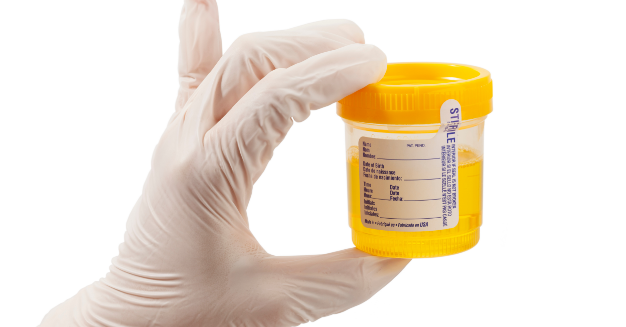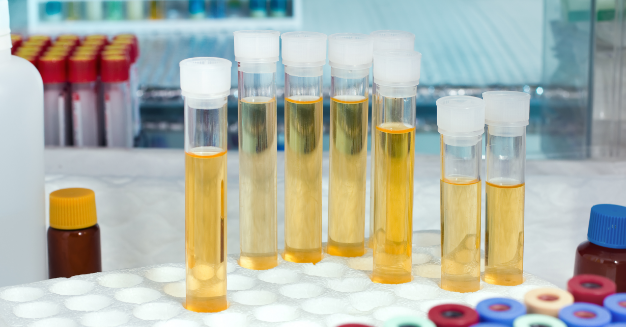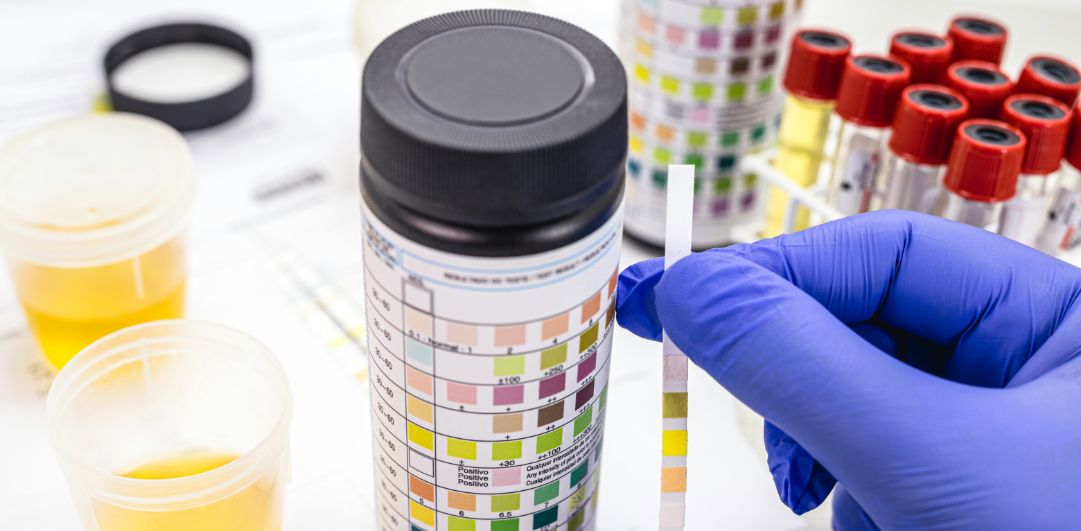Urine toxicology tests, also known as urine drug screens, are essential tools that provide crucial information about the presence of medications, illegal drugs, or other substances in the body. These tests are widely used in various contexts, in place of blood tests or saliva sample collection, from routine medical screenings and monitoring patients undergoing treatment to legal and employment settings where substance use must be assessed. Understanding how these tests work is important for anyone curious about the science behind them. This blog will explore the intricacies of urine toxicology tests, offering insights into how to prepare for a screen for drugs, what is tested in a urine toxicology test, and what these tests are used for.
Why are Toxicology Tests Conducted?
A toxicology screening might be conducted for several reasons, such as diagnosing potential poisoning or overdose in a medical emergency, monitoring substance use in patients undergoing treatment, or ensuring compliance for people who work in drug-free workplaces. These tests are also commonly used in legal and forensic investigations to determine if drugs or toxic substances played a role in criminal activities or accidents. Additionally, athletes may undergo toxicology and drug tests to check for banned performance-enhancing drugs, and individuals in safety-sensitive jobs might be tested to ensure they are not impaired while performing critical tasks. Overall, toxicology tests provide valuable information that helps protect health, safety, and legal integrity.
How Should I Prepare for a Urine Test?
Preparing for a urine toxicology test involves several important steps to ensure accurate results.
- Follow Instructions: Carefully read any instructions provided by your healthcare provider or testing facility.
- Hydration: Drink a normal amount of water before the test, but avoid excessive fluids which might dilute the urine sample.
- Medications: Inform your healthcare provider of any prescription medicines, supplements, or over-the-counter medicines you are taking, as some substances, including prescription drugs, can affect test results.
- Diet: Avoid certain foods and beverages that might interfere with the test, such as poppy seeds, which can cause false positives for opioids.
- Timing: Be aware of the timing of the test and avoid using any amount of a drug, including non-prescribed drugs or substances, that could affect the outcome in the days leading up to the test.
- Documentation: Bring any necessary identification and documentation required for the test.
Additionally, there are important steps to take when you collect a urine sample.
- Preparation: Before starting, wash your hands thoroughly with soap and water to ensure cleanliness.
- Gather Supplies: Use the provided collection container. Some facilities may offer a disposable towelette or disinfectant to clean the area before collecting the sample.
- Sample Collection:
- Begin Urination: Start urinating into the toilet to clear the urethra of any residual substances.
- Collect Midstream: After a few seconds, collect a midstream sample into the provided container. This helps ensure you collect a clean catch, where the sample is as clean and accurate as possible.
- Avoid Contact: Be careful not to touch the inside of the container or its lid to prevent contamination.
- Complete the Collection: Once you have collected enough urine (usually a specified volume), finish urinating into the toilet.
- Seal the Container: Carefully screw the lid onto the container, ensuring it is secure to avoid leaks.
- Label the Sample: If required, label the container with your information, following any instructions provided by the testing facility.
- Hand Over the Sample: Return the sealed and labeled container to the testing staff promptly. They will verify and process it for analysis.
- Wash Your Hands: After collecting and labeling your sample, promptly wash your hands to ensure they’re free of any urine.
By following these steps, you can help ensure the accuracy and reliability of your urine toxicology test results.

Common Drugs & Medications Tested For
A urine toxicology panel tests for a variety of drugs and medications to detect potential substance use or misuse. Here are some common substances that might be included on a typical urine toxicology test panel.
Opiates/Synthetics:
- Codeine
- Morphine
- Hydrocodone
- Norhydrocodone
- Hydromorphone
- Oxycodone
- Noroxycodone
- Oxymorphone
- Buprenorphine
- Norbuprenorphine
- Fentanyl
- Norfentanyl
- Meperidine
- Normeperidine
- Methadone
- EDDP
- Tapentadol
- N-Desmethyl Tapentadol Tramadol
- O-Desmethyltramadol
Stimulants
- Amphetamine
- Methamphetamine
- Methylphenidate
- Ritalinic Acid
- Phentermine
Benzodiazepines:
- 7-Aminoclonazepam
- Alprazolam
- a-OH-Alprazolam
- Chlordiazepoxide
- Diazepam
- Nordiazepam
- Oxazepam
- Temazepam
- Clonazepam
- Lorazepam
Muscle Relaxers/Sleeping Aids:
- Carisoprodol
- Gabapentin
- Ketamine
- Norketamine
- Meprobamate
- Pregabalin
- Zolpidem
- Zolpidem-COOH
- Cyclobenzaprine
This is not an exhaustive list, as urine toxicology panels can vary in the substances they screen for. Depending on the specific requirements of the test, some panels may include additional drugs or medications, while others may focus on a more limited range.
What Happens After a Toxicology Test?
After a urine toxicology test is administered, patients can expect their sample to be sent to a laboratory for analysis. Results are typically available within a few days, although this can vary depending on the complexity of the test and the substances being screened for. Patients may receive their results directly from the testing facility or through their healthcare provider, who will explain the findings and discuss any necessary follow-up steps. If the test results are positive for certain substances, additional testing may be conducted to confirm the result. Patients should feel free to ask their healthcare provider any questions they have about the results and what they mean for their health and treatment.

Urine Toxicology Tests In and Around Sugar Land, Texas
Understanding urine toxicology tests and what is tested in a urine toxicology test is crucial for anyone navigating their health, safety, or legal responsibilities. These tests provide valuable insights into the presence of drugs and other substances in the body, helping to ensure accurate medical diagnoses, legal compliance, and workplace safety. By learning about how these tests work, what to expect during the process, and how to interpret the results, individuals can approach urine toxicology testing with confidence and clarity.
OnPoint Lab is the number one choice for top-quality urine toxicology testing in the Sugar Land and Houston areas. With state-of-the-art technology, experienced professionals, and a commitment to accurate and timely results, OnPoint Lab ensures the highest standards of testing and customer care. Whether you need testing for medical, legal, or personal reasons, OnPoint Lab offers the reliability and expertise you can trust. Contact OnPoint Lab today to schedule your appointment and experience the best in urine toxicology testing.


